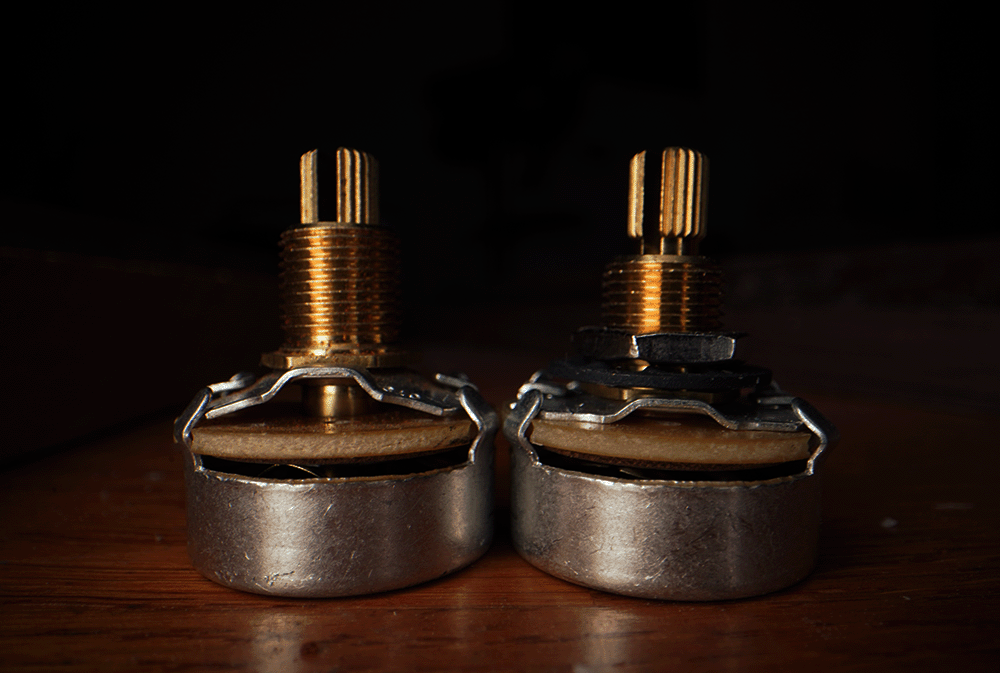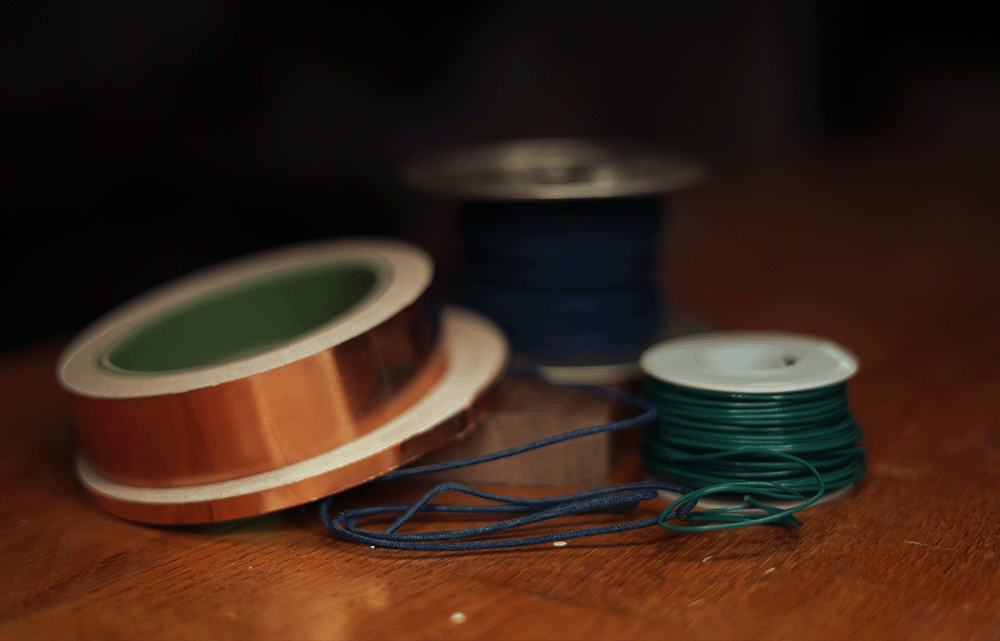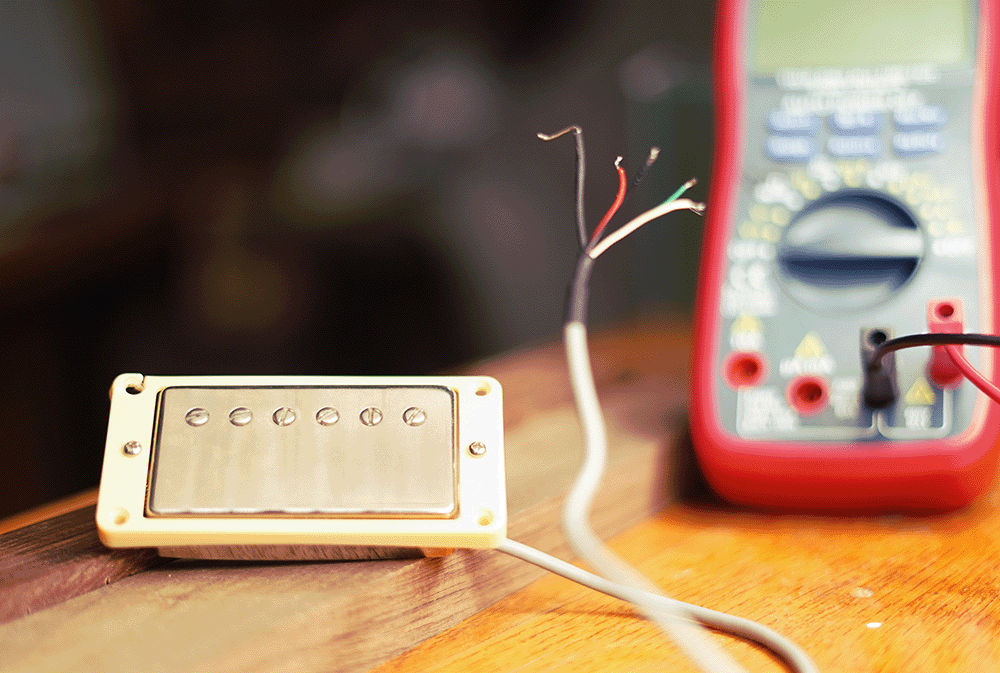
Knobs the Silent killers of Potentiometers
You might think this is clickbait, but it's not. We've sold tens of thousands of kits that we meticulously engineered for perfect sound. However, we started noticing a recurring issue: customers contacting support because their kit, which was functional when it left us, was now damaged or non-functional. In many cases, it's a simple error, such as installing the pickups incorrectly. Yet, a surprisingly high number of times, the problem stems from the customer installing a knob that wasn't designed for the potentiometer.
What do we mean?
Basically, each Pot brand uses a distinct pattern for their knobs. If it is a knurled shaft Potentiometer, you have either an 18 tooth "Coarse" Pattern or a 24 tooth "Fine" pattern.
If it is a Solid shaft you have the Import 6mm, or the US spec 1/4th (6.35mm)

Using the incorrect size knob is risky because it can apply excessive force, potentially damaging the potentiometer's shaft. While most reputable brands design pots to withstand up to 30 lbs of force for less than 5 seconds (which is a quick palm press), applying too much force, especially without aligning the splines, can lead to damage.
At best, the pot's housing can be pushed out (like the photos below), disrupting the internal contacts and making the pot non-functional or barely working. At worst, the shaft itself can be severely damaged and even detached.
Real examples below
Catching it early
Luckily, If caught early (like the pot on the right) and not severe (Pot on the Left) you can easily compress the pot back in place making it functional. But often people don't catch it and think that it is just a bad pot.
Worst case scenarios.
If the shaft housing gets so damaged, or the shaft pops out that the pot is in fact truly "broken"
Here's a slow-motion video of how quick this can happen.
So how do you know when you need new knobs?
Well the easiest way to tell is to look at the Pot brands Specs. For us it is located in our Part Info tab on the product page. But if you don't have that information. Measure it by either
- Counting the star pattern if it is a knurled shaft
- Measuring the shaft itself if it is a Solid shaft.
Some examples when you should assume you will need new knobs.
-
Converting an import guitar to US spec
- This could be as simple as taking a guitar like a Squier, or Epiphone, and installing a US spec pot.
- This includes MIM, and MIJ Fenders which often use "CTS" pots but are a custom 6mm version designed just for those.
- Switching a Pot for another brand
- Switching a CTS pot for something like Bourns, or Alpha



4 comments
Thanks,you taught me something important before I had to learn by breaking a pot with the wrong knob.
Curtis Ferguson
Great article, summarized well.
Anonymous
Well. I definitely have done this to a pot. haha
Greg
Thanks for this tidbit of great knowledge!
Robert Starr
Leave a comment
This site is protected by hCaptcha and the hCaptcha Privacy Policy and Terms of Service apply.